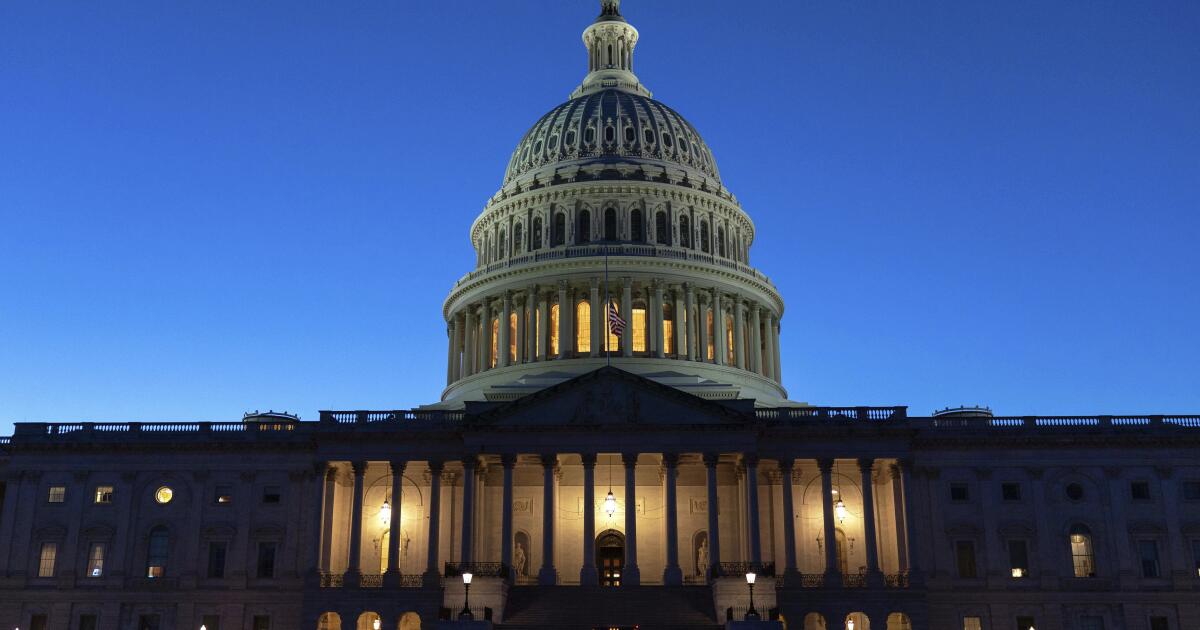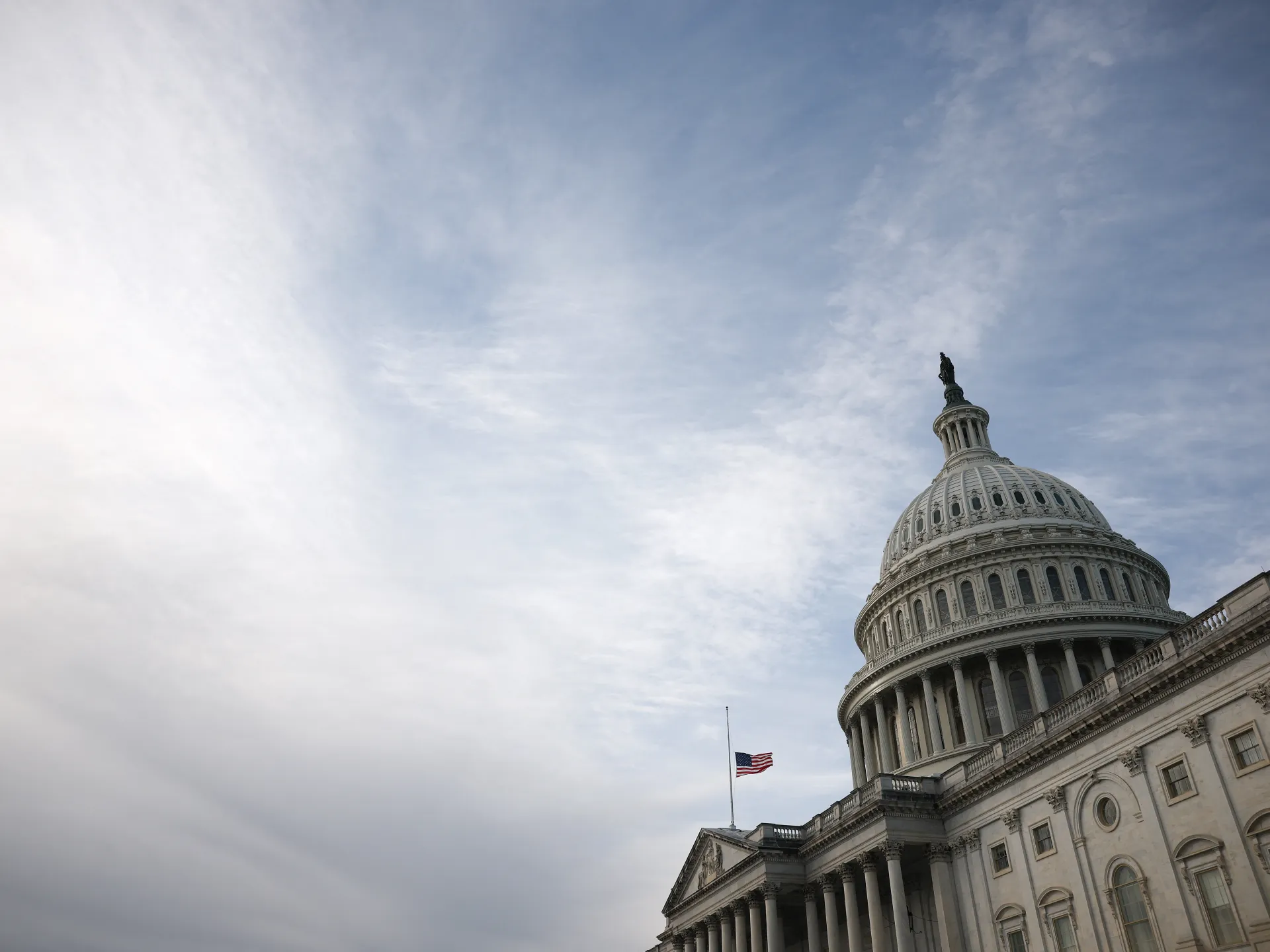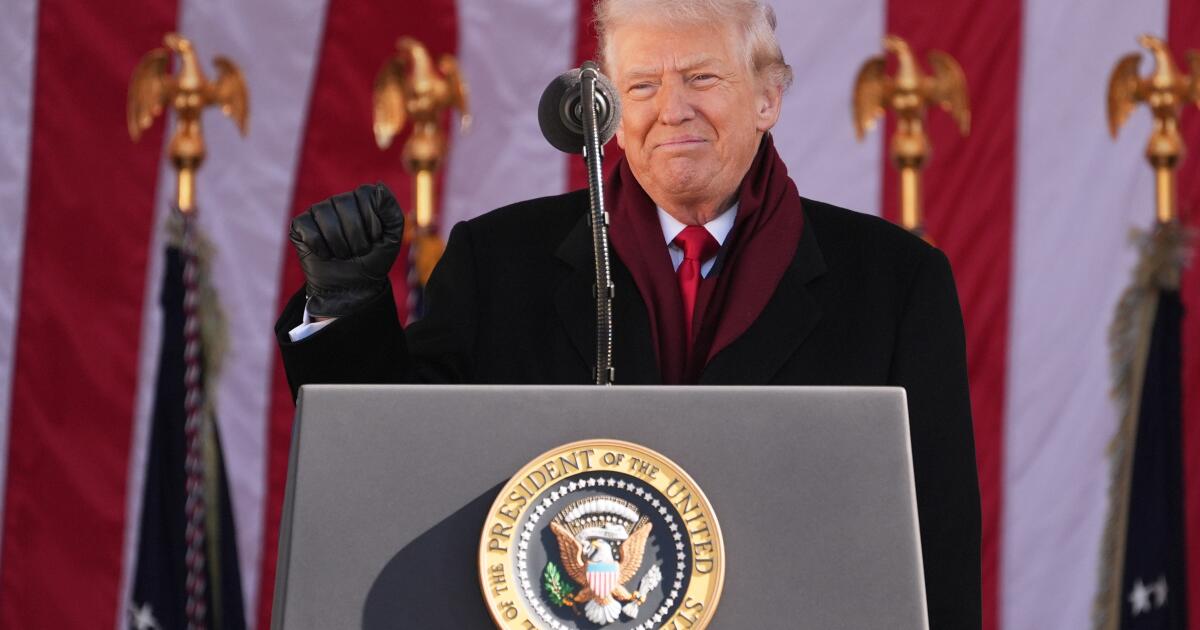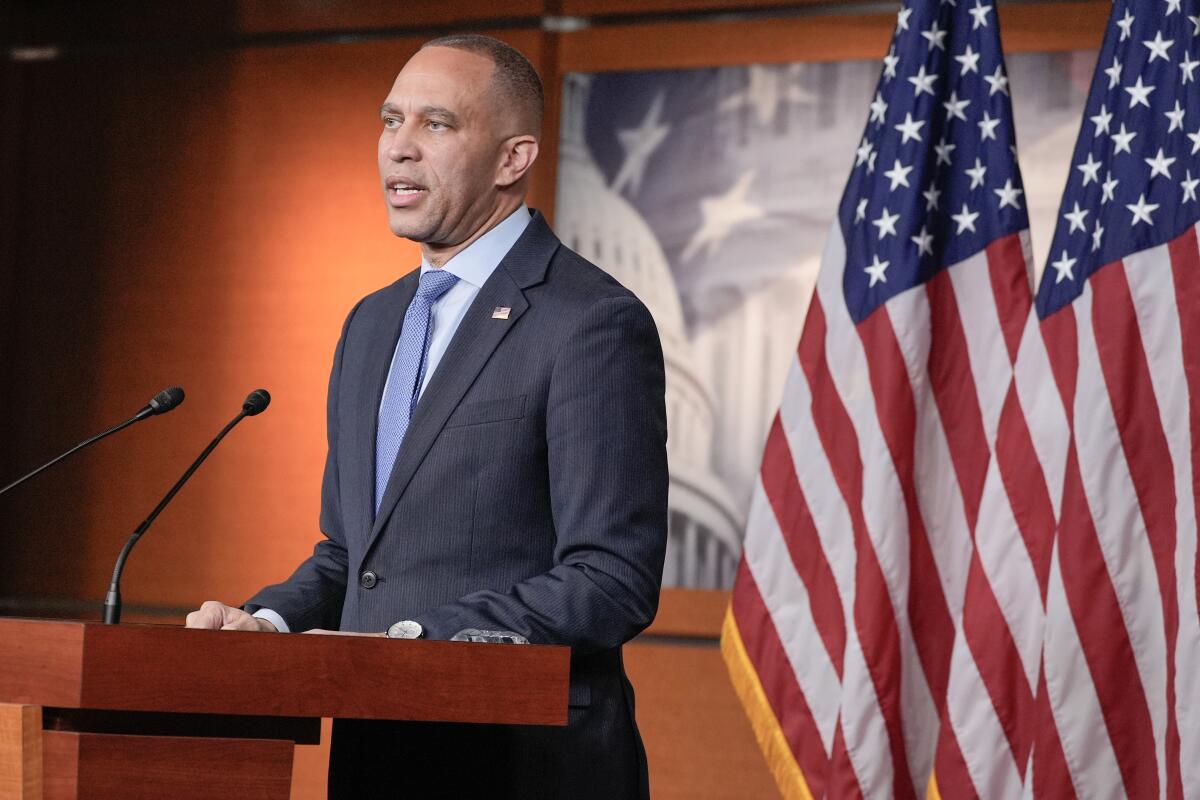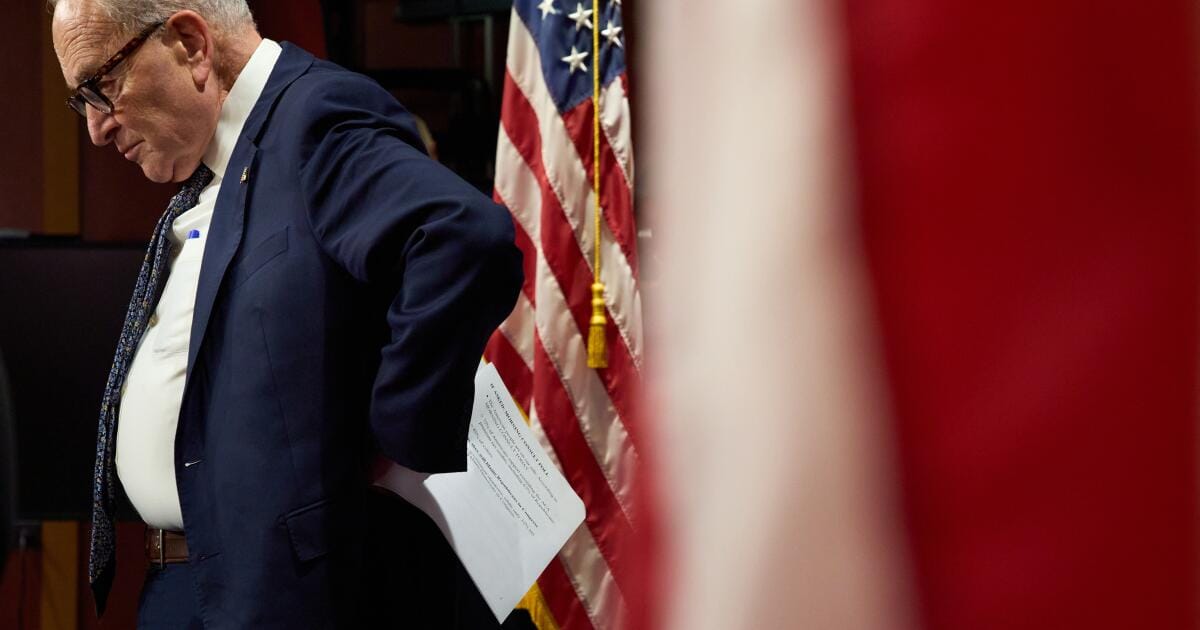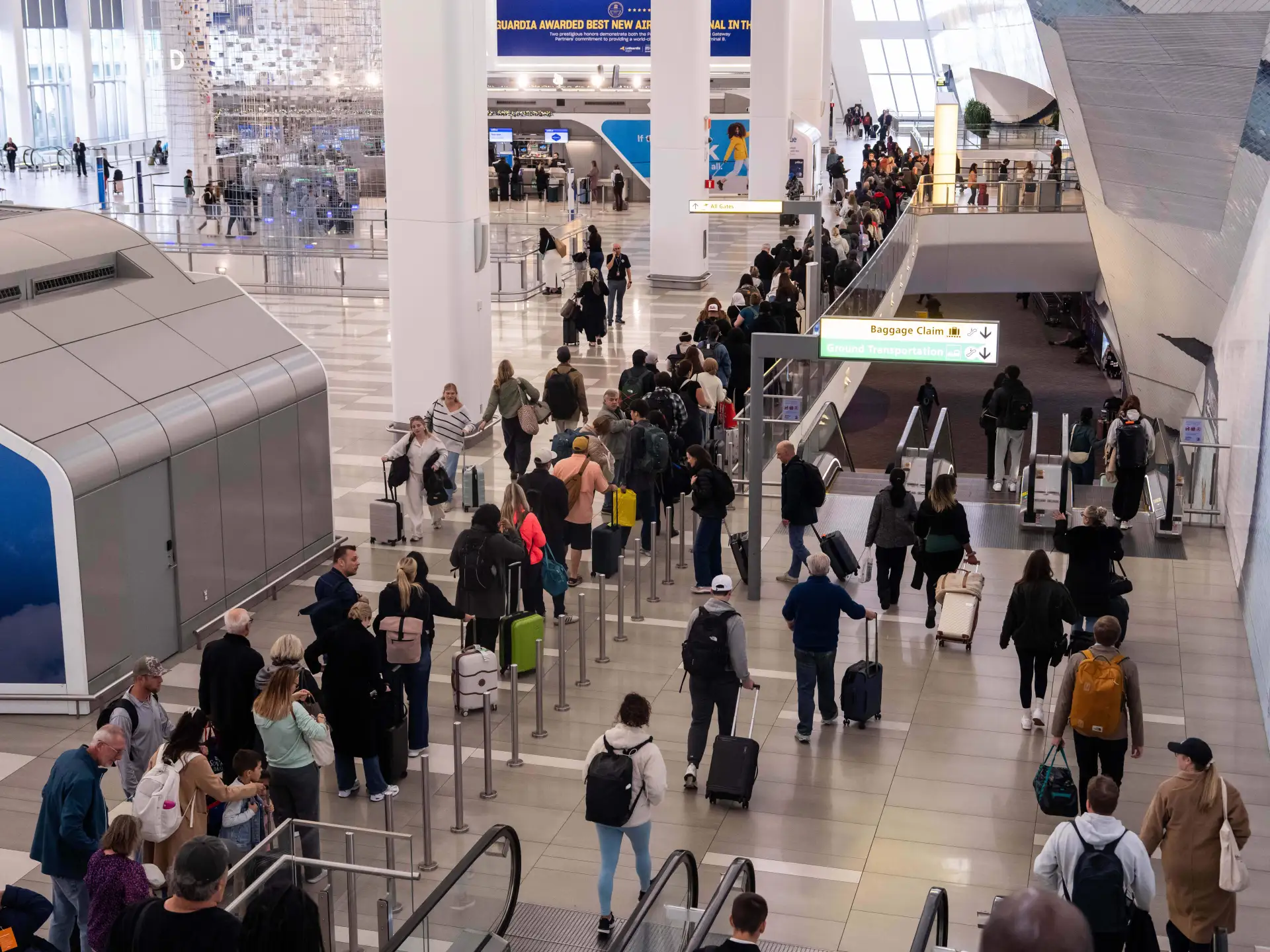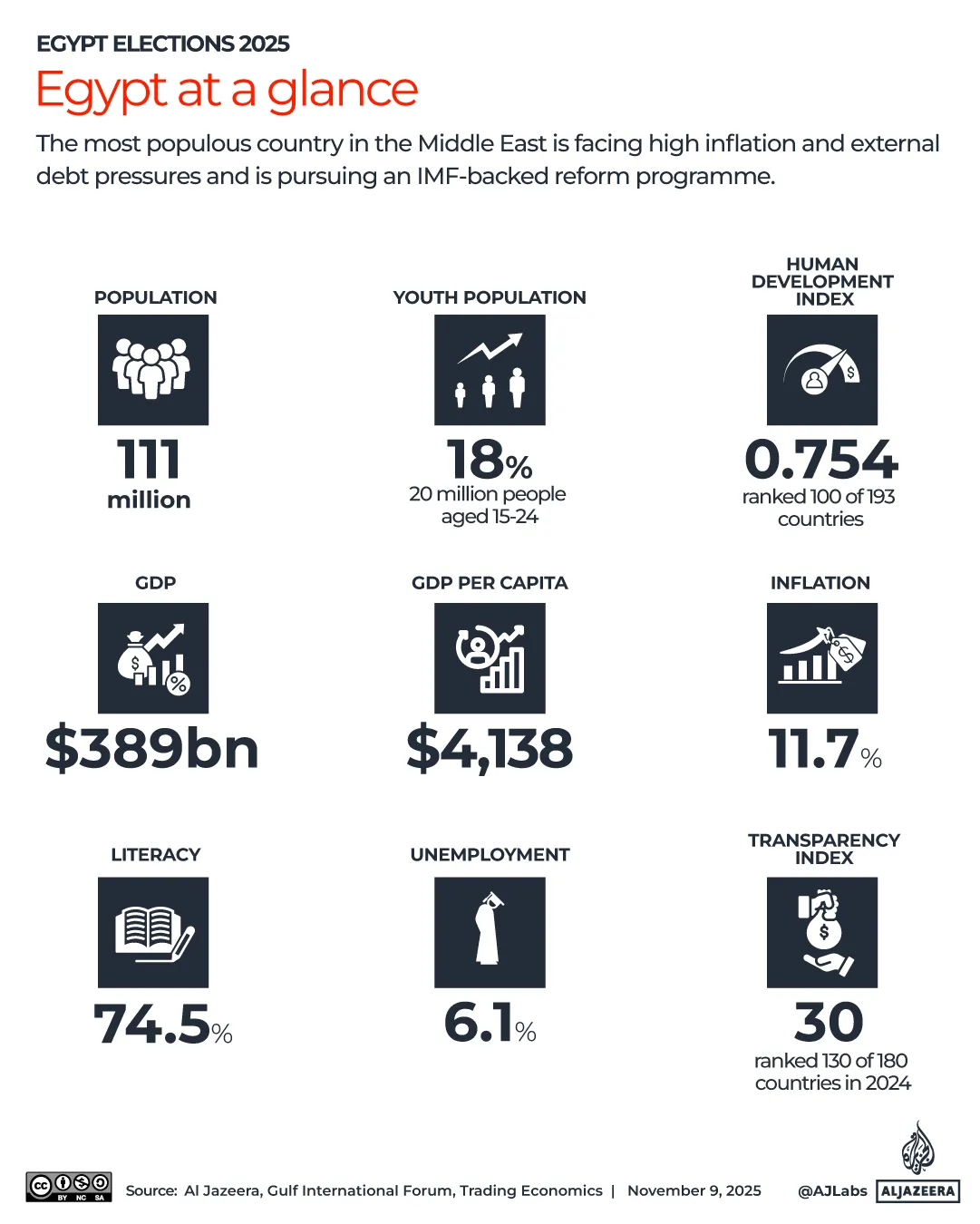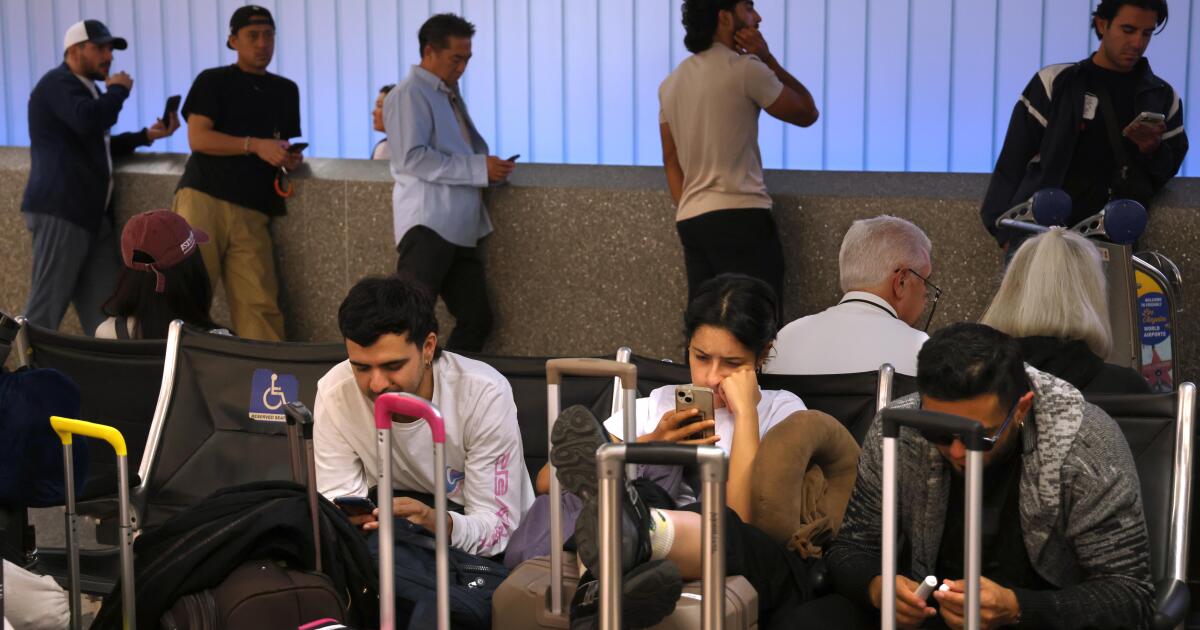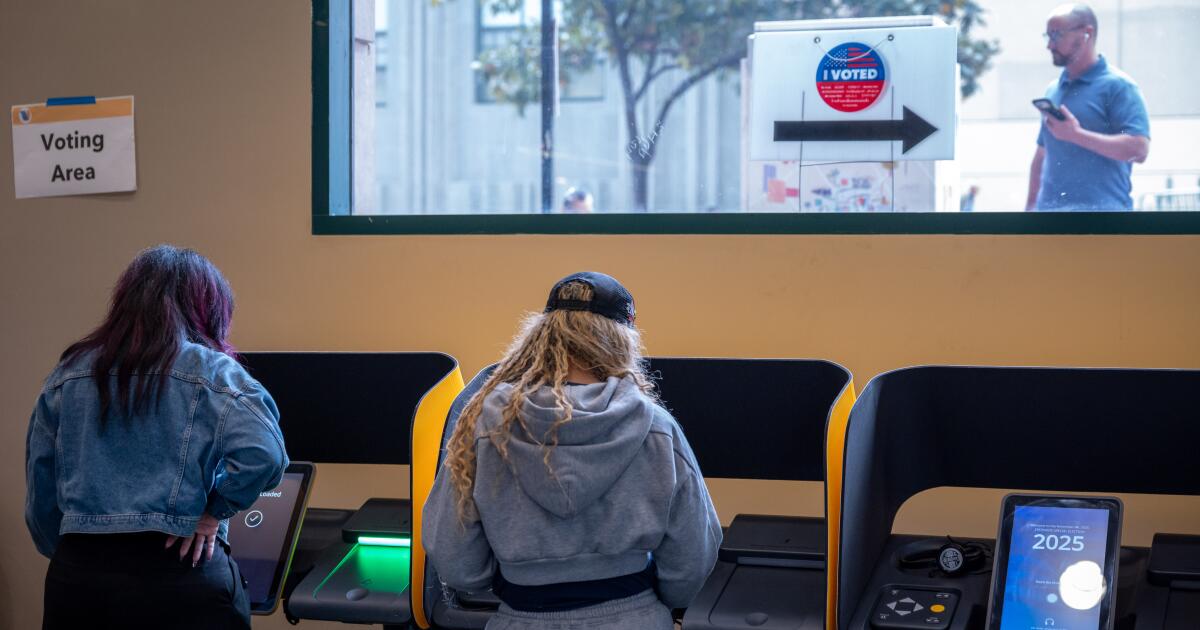Israel pushes US to close door on Palestinian statehood before UNSC vote | Israel-Palestine conflict News
Israel is engaged in a last-ditch bid to change the wording of a United Nations Security Council (UNSC) resolution on the next phase of United States President Donald Trump’s Gaza peace plan that was recently amended to mention a “credible pathway” to Palestinian statehood.
Israeli Prime Minister Benjamin Netanyahu told his cabinet on Sunday that his opposition to a Palestinian state had “not changed one bit”, one day before the UNSC votes on the US-drafted resolution, which would mandate a transitional administration and an international stabilisation force (ISF) in Gaza.
Recommended Stories
list of 3 itemsend of list
Israeli public broadcaster Kan reported on Sunday that Netanyahu’s government was engaged in a last-minute diplomatic push to alter the draft resolution, which the US had changed to include more defined language about Palestinian self-determination under pressure from Arab and Muslim countries expected to contribute troops to the ISF.
The draft now says that “conditions may be in place for a credible pathway to Palestinian self-determination and statehood” after reforms to the Palestinian Authority are “faithfully carried out and Gaza redevelopment has advanced”.
There has been criticism that Palestinian voices and aspirations have been sidelined in the whole spectacle of Trump’s Gaza plan from its launch, which came with the US president’s customary fanfare.
Later on Sunday, Hamas and other Palestinian resistance factions called on Algeria – a non-permanent member of the UNSC – to reject the plan for stabilisation forces to be deployed in Gaza.
In a statement, the resistance factions called the efforts “a new attempt to impose another form of occupation on our land and people, and to legitimise foreign trusteeship”.
“We direct a sincere and fraternal appeal to the Algerian Republic, government and people, to continue adhering to its principled positions supporting Palestine, and its steadfast rejection of any projects targeting Gaza’s identity and our people’s right to self-determination,” the statement added.
On Friday, a joint statement with eight countries – Qatar, Egypt, United Arab Emirates, Saudi Arabia, Indonesia, Pakistan, Jordan and Turkiye – urged “swift adoption” of the draft resolution by the 15-member UNSC. Potential contributors to the force have indicated that a UN mandate is essential for their participation.
Israel has already said it will not accept Turkiye, a key Gaza ceasefire mediator, having any role on the ground.
Turkiye has maintained staunch criticism of Israeli actions in Gaza over the past two years and recently issued arrest warrants for genocide against Netanyahu and other senior officials.
Ahead of Monday’s crucial vote, which is expected to garner the nine votes needed to pass, with the likely abstention of Russia and China, Netanyahu confidants and officials from the Foreign Ministry were said to be engaged in intensive talks with their US counterparts, according to the Israeli Public Broadcasting Corporation (Kan).
Netanyahu under pressure
A far-right walkout over the ceasefire plan, in which Trump has heavily invested his own prestige, could bring down Netanyahu’s right-wing government well before the next election, which must be held by October 2026.
On Sunday, Israeli government officials lined up to express their opposition to any proposals backing a Palestinian state.
“Israel’s policy is clear: no Palestinian state will be established,” Defence Minister Israel Katz wrote on X.
He was followed by Foreign Minister Gideon Saar, who said on X that his country would “not agree to the establishment of a Palestinian terror state in the heart of the Land of Israel”.
Far-right firebrand and National Security Minister Itamar Ben-Gvir called the Palestinian identity an “invention”.
Hardline Finance Minister Bezalel Smotrich, a major backer of Israel’s settler movement who has been sanctioned by a number of countries for “incitement of violence” against Palestinians, urged Netanyahu to take action.
“Formulate immediately an appropriate and decisive response that will make it clear to the entire world – no Palestinian state will ever arise on the lands of our homeland,” he said on X.
Russia’s rival resolution
The UNSC resolution would give the UN’s blessing to the second phase of Trump’s 20-point plan, which brought about a ceasefire after two years of genocidal war that has killed nearly 70,000 Palestinians.
The ceasefire came into effect on October 10, although it has been repeatedly breached by Israel with near-daily attacks that have killed hundreds of people.
There has been plenty of jockeying ahead of the vote.
Meanwhile, Russia is circulating its own resolution to rival the US version, offering stronger language on Palestinian statehood and stressing that the occupied West Bank and Gaza must be joined as a contiguous state under the Palestinian Authority.
In a statement, Russia’s UN mission said that its objective was to “to amend the US concept and bring it into conformity” with previous UNSC decisions.
“We would like to stress that our document does not contradict the American initiative,” said the statement. “On the contrary, it notes the tireless efforts by the mediators – the United States, Qatar, Egypt, and Turkiye – without which the long-awaited ceasefire and the release of hostages and detainees would have been impossible.”

